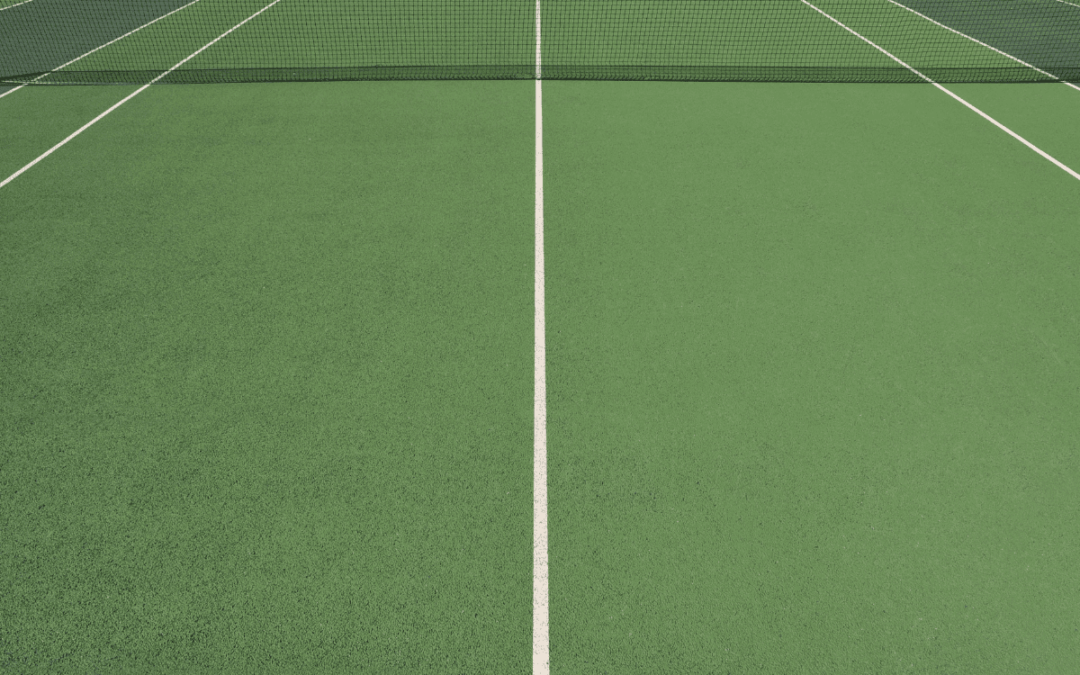Deciding on the appropriate surface for your tennis court is a crucial decision that can significantly impact your game, maintenance efforts, and overall satisfaction. This guide provides insights into the various surface options available and how to select the best one for your specific needs at Taylor Tennis Courts.
Considerations for Surface Selection
Assessing Player Needs and Preferences:
Understand the playing styles and preferences of the users. Tennis Court Resurfacing surfaces offer varying degrees of speed and bounce, affecting playability and injury risk. For instance, hard courts provide a fast game with a true bounce, while clay courts offer slower play and are easier on the body.
Climate and Environment Factors:
The local climate can greatly influence the choice of surface. Hard courts may not be the best option in areas with extreme temperatures, as they can become very hot. In contrast, grass and clay courts may require more maintenance in certain weather conditions due to their susceptibility to natural elements.
Types of Tennis Court Surfaces
Hard Courts
Hard courts are the most common type found in professional and recreational settings. Made from asphalt or concrete and covered with an acrylic layer, these courts offer a consistent bounce and require minimal maintenance. However, they can be tough on players’ joints due to the hard surface.
Clay Courts
Clay courts are popular in Europe and South America, known for their slow ball speed and high bounce. They are typically made from crushed brick or shale. These courts require regular maintenance to keep the surface level and moisture-controlled, but they provide a forgiving surface for players.
Grass Courts
Grass courts offer a fast-paced game with a low bounce, commonly seen at prestigious events like Wimbledon. They are made from natural grass, which requires frequent mowing and maintenance to keep the surface playable. Grass courts can be costly to maintain but provide a classic and elegant playing experience.
Artificial Grass Courts
Artificial grass courts mimic the characteristics of natural grass but with lower maintenance requirements. Made from synthetic fibers, these courts offer a consistent playing surface that remains unaffected by weather conditions. They provide a similar playing experience to natural grass without the extensive upkeep.
Carpet Courts
Carpet courts are portable surfaces that can be laid over existing flooring. Made from textile or polymeric materials, these courts offer a medium-fast playing speed and moderate bounce. They are often used for indoor facilities and temporary installations.
Acrylic Courts
Acrylic courts are a subtype of hard courts, featuring multiple layers of acrylic applied over asphalt or concrete. These courts offer good grip and consistent bounce, suitable for various weather conditions. They are durable and require minimal maintenance.
Asphalt Courts
Asphalt courts are another subtype of hard courts, known for their durability and low maintenance. However, they can become rough over time and may require resurfacing. These courts provide a consistent playing surface and are commonly used in recreational facilities.
Concrete Courts
Concrete courts are similar to asphalt courts but are made entirely from concrete. They offer a very durable and consistent playing surface. However, they can be hard on players’ joints and may require an acrylic layer to improve grip and comfort.
Modular Tile Courts
Modular tile courts consist of interlocking plastic tiles laid over a flat surface. These courts are easy to install and maintain, offering good shock absorption and a consistent playing surface. They are suitable for both indoor and outdoor use.
Rubber Courts
Rubber courts are made from recycled rubber materials, providing a soft and forgiving surface. These courts are ideal for reducing the impact on players’ joints and are often used in schools and recreational facilities. They require minimal maintenance and offer good traction.
Installation and Maintenance
Professional Installation Services:
Choosing a professional Tennis Court installation is critical to ensure that the court performs well and lasts many years. Taylor Tennis Courts offers expert installation services, ensuring that your court is constructed to the highest standards.
Ongoing Maintenance Requirements:
Each type of court has specific maintenance needs, from daily sweeping and watering for clay courts to regular mowing for grass. Understanding these requirements will help you keep your court in top condition for years to come.
Select Taylor Tennis Courts
Selecting the right tennis court surface requires careful consideration of the players’ needs, environmental factors, and maintenance capabilities. Taylor Tennis Courts provides a variety of surface options and professional services to help you create the perfect court for your home or facility.
Contact Us Today
Ready to choose your ideal tennis court surface? Contact us today to learn more about our services and how we can assist you in building your dream court. Our team is dedicated to delivering quality and satisfaction with every project.


Recent Comments